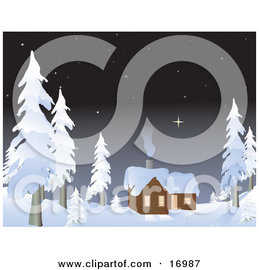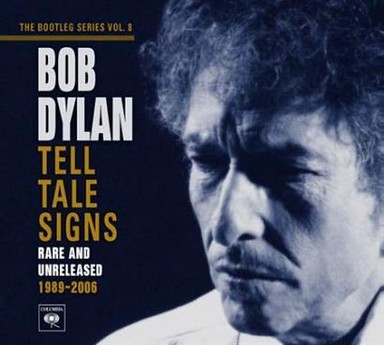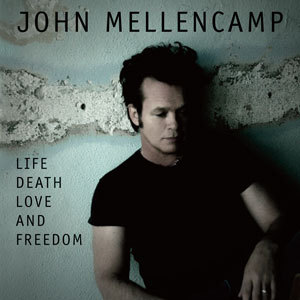
So here we are at the end of another year.
As anybody who follows this blog knows, I usually do these year-end blogs with a scene of the always spectacular fireworks show from our Space Needle here in Seattle (which usually gets this blog a nice year-end spike in hits).
The thing is, no matter how much I try to overlook it, I just don't feel in that much of a celebratory mood as 2008 comes to an end.
This year just doesn't feel like it was all that great to me, truth be told.
On the national front, the economy is in the shitter, and the always volatile situation in the middle east looks to be on the precipice of one of those semi-annual powder kegs that flare up from time to time.
Here in Seattle, we spent the last two weeks of the year snowed in under two feet of snow, and don't look now, but the storm winds are blowing in again tonight as of this writing (minus the snow, praise the Lord).
 On the homefront, I lost one job this year and gained another...at least for now. Two weeks ago, I learned my current company is going to be downsizing, and come this time next week I should know whether my own job was spared the axe or not. Bottom line, is I may begin 2009 once again in the unemployment line. At least this time, I should have lots of company.
On the homefront, I lost one job this year and gained another...at least for now. Two weeks ago, I learned my current company is going to be downsizing, and come this time next week I should know whether my own job was spared the axe or not. Bottom line, is I may begin 2009 once again in the unemployment line. At least this time, I should have lots of company.On the bright side, I certainly have nothing to fear from a job performance standpoint -- my accounts all love me, as I do them.
But on the other side of the coin, I've been in this position so many times over the past decade or so that I've learned to recognize the signs almost instinctually.
Based on past experience, I'm not real optimistic. If you guessed that I've been touching up the resume again, you get a gold star.
 As many of you also know, I write mostly about music on this space.
As many of you also know, I write mostly about music on this space.And there was certainly not much reason for optimism there this year. Brian Wilson, Steven Wilson, and the Fleet Foxes aside...it was all I could do to even fill a top ten of 2008's best music this year.
The last time I checked, the music industry was still trying to figure out what the fuck happened and where exactly the bottom fell completely out, even as it continued to prop up the latest crop of disposable pablum like Miley and the Jonas Brothers, and to get one more pound of flesh from the rotting corpse of Britney Spears.
When guys like John Mellencamp have to sell their music for use in Ford truck ads, and even Bruce Springsteen is cutting exclusivity deals with WalMart, you know we're in trouble.

And if you think for one minute, that in an era where the delivery systems of choice come in the form of cellphone speakers and the miniscule bitrates of most MP3's...well, don't count on the next Dark Side Of The Moon, Pet Sounds, or OK Computer coming down the pike anytime soon.
Now, before I lose everyone reading so far... I think there's good reason to believe 2009 should be a better year.
Reason #1: Bush Is Gone, Baby Gone.
I don't know about any of you, but when Obama got elected I felt the same sigh of relief that led people to dance in the streets on election night in cities across the country (and when was the last time any of us living today sa
 w that)?
w that)?Whether Obama is the saviour many believe he might be not only remains to be seen, but is in fact highly doubtful given the mess that he is about to inherit come Jan. 20.
But it sure can't be worse than what we've witnessed the past eight years, as the country has been ripped apart along ideological lines like no other period in my lifetime (including the sixties -- where there was at least a healthy opposition).
I can't begin to recount the ways that Bush has completely turned this country on it's ear. But watching this guy compliment "Brownie" on his good job during Katrina after a great American city was destroyed; seeing how good, albeit liberal, Christian people had their faith put in question for not buying into "the program"; and watching the middle class destroyed (is it just me, or does an economy rely as much on the everyday joes who buy the goods and services, as it does the corporations who manufacture them?) all come immediately to mind. Sanctioning torture, and suspending the sort of basic, fundamental concepts of guilt, innocence, and just plain human decency and fairness that make America the great beacon of freedom to the world it once was also come to mind.
Obama's got a big job ahead of him. I don't envy him.
So what do we have to look forward to in 2009? I'm not sure. But this much I know (or at least hope). It can't get much worse. There's also a new Springsteen album (and hopefully, a tour) to look forward to next year. Sorry, couldn't resist...

Whatever happens in 2008, it'll start later tonight.
Me and my good pal Dave will go out. We may or may not watch the Space Needle blow up as is the tradition. We'll probably get together with Dave Dudley, a buddy from high school who I saw for the first time in about 30 years last summer at Dave's cabin (that was another big theme last year...reconnnecting with long lost friends ranging from Kim Murrell and Pat Koory, to Dave Dudley, and in about another three weeks...Pat Levy).
Those names may mean nothing to those reading this, but seeing or hearing from them were some of the very few things about 2008 that made me smile...if even only for a minute.
Hopefully 2009 will bring a few new reasons to smile.










































